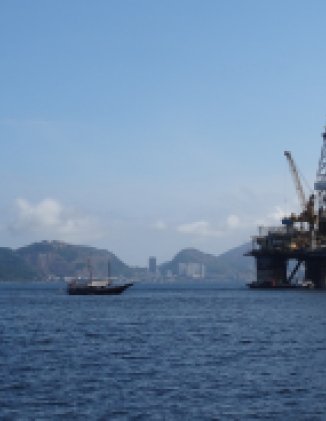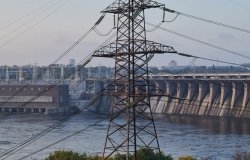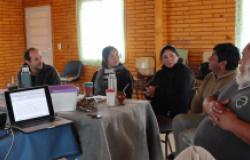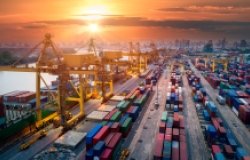Restoring the Crown Jewel of Brazilian Industry: A conversation with Pedro Parente, President and CEO of Petrobras, on the five-year plan to transform his company


The full text of the report is available for download below.
In November 2016, the Brazil Institute at the Wilson Center welcomed Pedro Parente, President and CEO of Brazilian energy giant Petróleo Brasileiro SA (Petrobras), to discuss the company’s path forward after several challenging years. Low global energy prices combined with Brazil’s domestic difficulties—including ongoing investigations into a billion-dollar kickback scheme involving Petrobras contracts—significantly damaged the state-owned company’s financials and reputation.
Yet there is cause for cautious optimism in 2017. Under Parente’s leadership, the company has made progress in restoring investor confidence and improving its balance sheets. As Parente noted in his speech at the Brazil Institute, Petrobras is focusing on its core competencies in the oil and gas sector to build a sustainable, profitable business model. The company sold off assets worth $13.6 billion by the end of 2016, coming close to its 2015-2016 target of $15.1 billion in divestments, and plans to divest another $19.5 billion in 2017-2018. Petrobras has also increased in wholesale fuel prices at its refineries (part of a more flexible pricing policy after years of holding prices artificially low) and on January 9 announced a bond buyback to refinance $2 billion in existing debt.
Recent developments in the regulatory environment are likely to complement Petrobras’ internal reforms and bolster its 2017 outlook. Last October, the government revised rules to allow foreign investment in the pre-salt deep-water oil fields off the Brazilian coast. The measure frees Petrobras from the obligation to operate all the fields—a fiscally difficult requirement given the company’s current constraints—while protecting its right of first refusal. France’s Total and Norway’s Statoil have already announced large planned investments in several pre-salt blocks, and new rounds of auctions are expected this year.
The scheduled swearing-in on January 12 of former Petrobras senior executive Décio Oddone as director-general of Brazil’s National Agency of Petroleum, Natural Gas and Biofuel (ANP) has further reassured international investors. Oddone’s nomination was widely regarded as confirmation that the government will continue to support the implementation of pro-market policies in the oil and gas sector, including the transformation of Petrobras.
Nonetheless, significant work remains to restore Petrobras to its former status as the crown jewel of the Brazilian economy. The company remains heavily leveraged and mired in fallout from the Lava Jato investigations. The political and economic situation in Brazil remains challenging. Parente, however, is optimistic, telling the Wilson Center audience in November that his team is “fully committed” and asserting that the company has the resiliency and resources—both human and technological—to overcome any challenge. Parente promised employees earlier this year that “2017 will be the year Petrobras turns around.”
To watch the event, click here.
To read the full report, download the document below:
Related Program

Brazil Institute
The Brazil Institute—the only country-specific policy institution focused on Brazil in Washington—works to foster understanding of Brazil’s complex reality and to support more consequential relations between Brazilian and US institutions in all sectors. The Brazil Institute plays this role by producing independent research and programs that bridge the gap between scholarship and policy, and by serving as a crossroads for leading policymakers, scholars and private sector representatives who are committed to addressing Brazil’s challenges and opportunities. Read more










